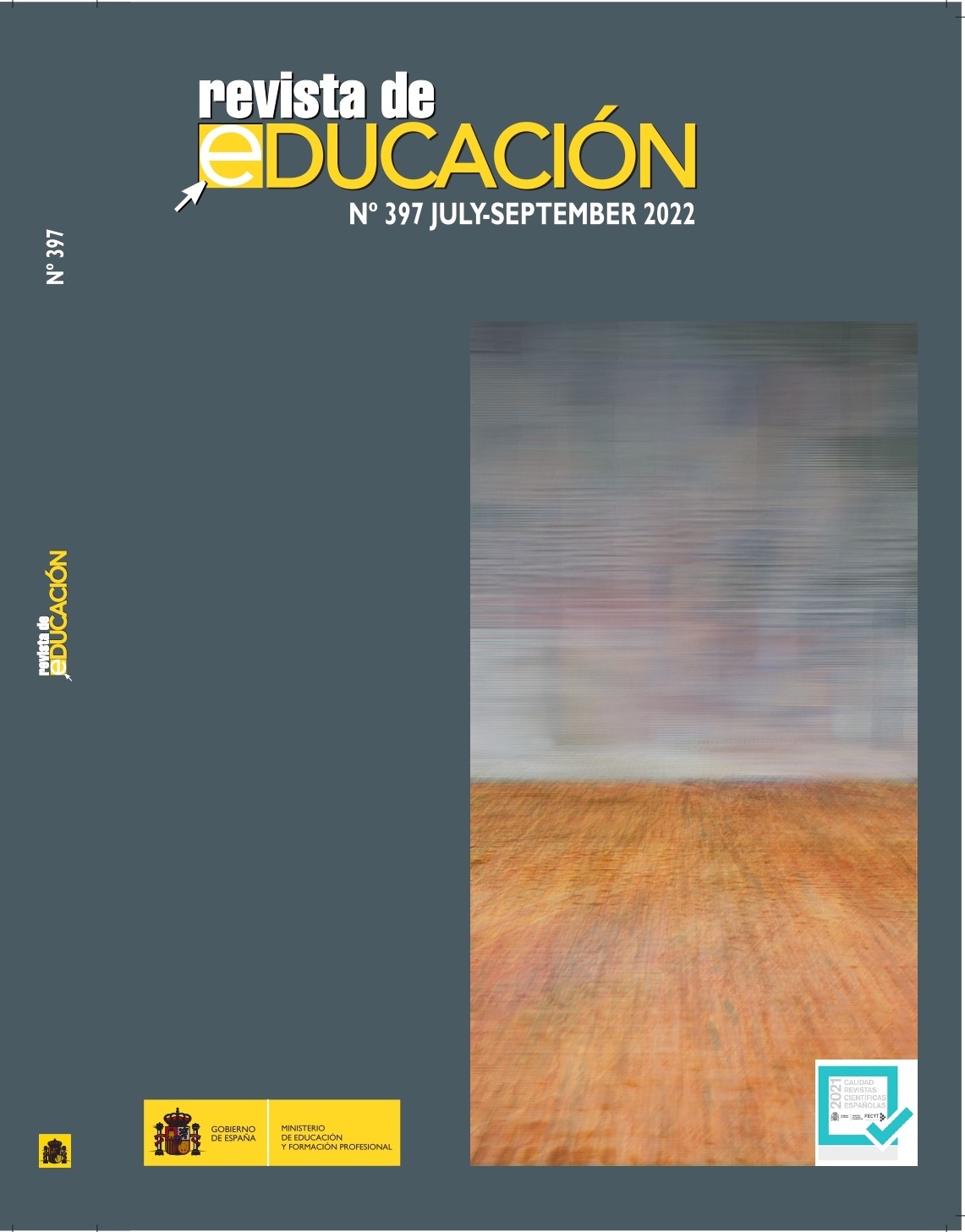The role of Education in Preventing Violent Radicalisation: a review for Europe
Main Article Content
Abstract
This research analyses government documents addressing the prevention of radicalisation in 16 European countries, differentiated according to the presence or absence of fatalities in attacks. The aim to identify the presence of the attitudes which PISA 2018 identifies as key to define a democratic and interculturally competent citizenry and guide integration-friendly policies: openness, respect, civic awareness, responsibility, self-efficacy and tolerance. A comparative methodology is employed, using a lexicographical content analysis through Iramuteq software together with a critical-
interpretative analysis of the texts. The results indicate that the regulations of countries that have suffered fatalities in terrorist attacks prioritise surveillance and make efforts to identify threats, relegating education. Those that have not suffered casualties, instead, give precedence to procure security and safety to their population, with virtually non-existent references to education. The lexicographic analysis of the inclusion of global competence attitudes shows as outstanding values respect, responsibility and tolerance; being at the lowest level self-efficacy and civic awareness. We conclude that European policies on radicalization are weak from the point of view of prevention because they don’t address the difficulties for identity and inclusion which lie at the root of the problem. Moreover, although socio-educative policies are considered to be a mainstay to inclusion, in practice the role of schools is limited to the detection of hotspots of radicalisation. There is evidence of a proliferation of practices that show the securitisation of education systems, giving preventive responsibilities to schools and universities. We suggest promoting holistic and transversal inclusion polities, which emphasize interculturality and give a new value to the role of schools. It is important, in our view, to decouple educational policies from the security agenda, as a mean to avoid the political connotations which give impulse to the discourse of counter-radicalisation.
Key words: global competence, attitude, PISA, civic education, intercultural education, radicalization, extremism, inclusion, democracy.

